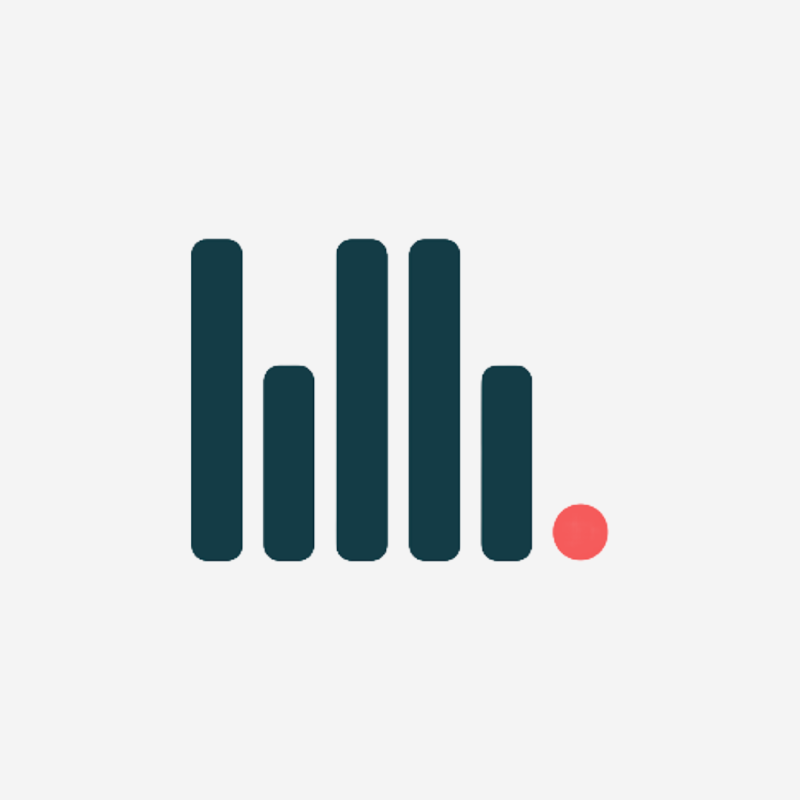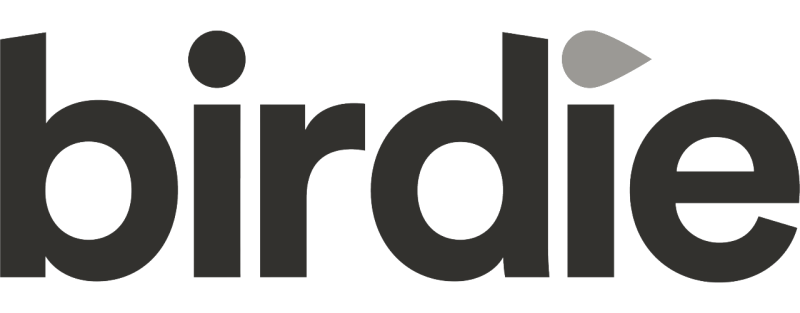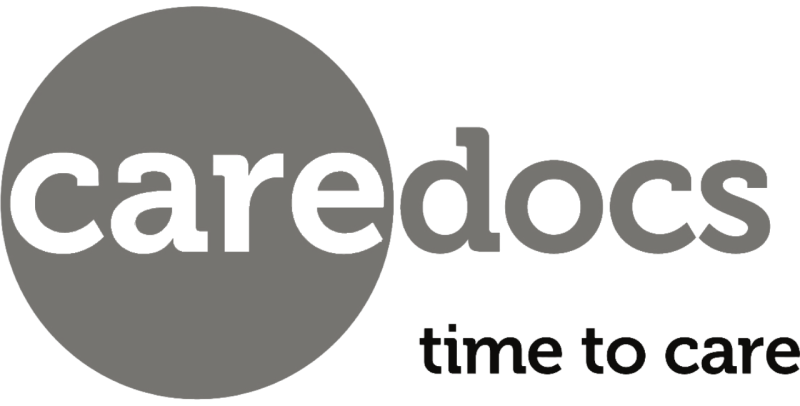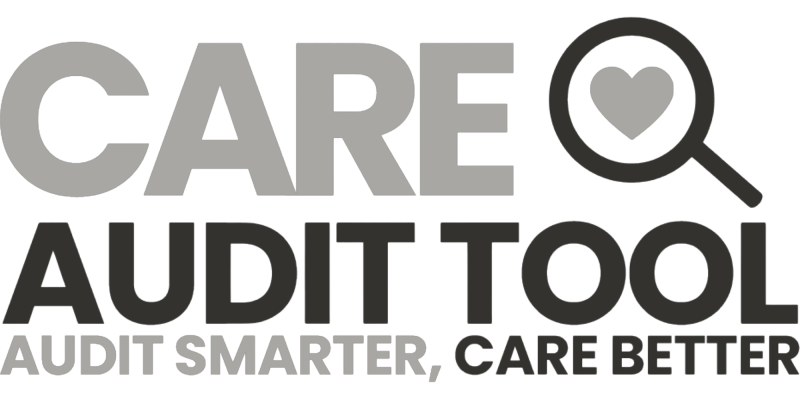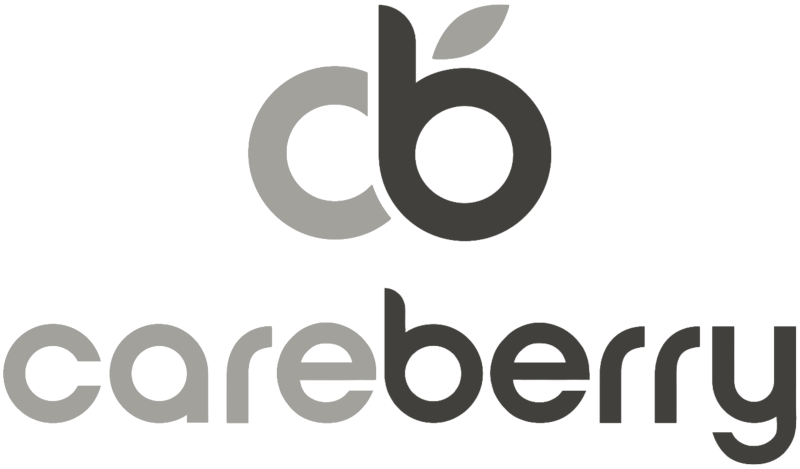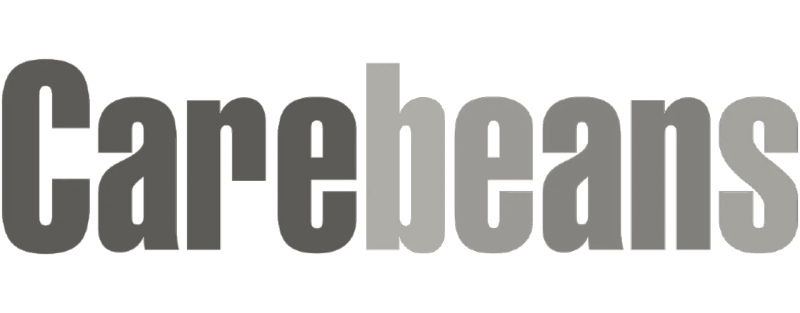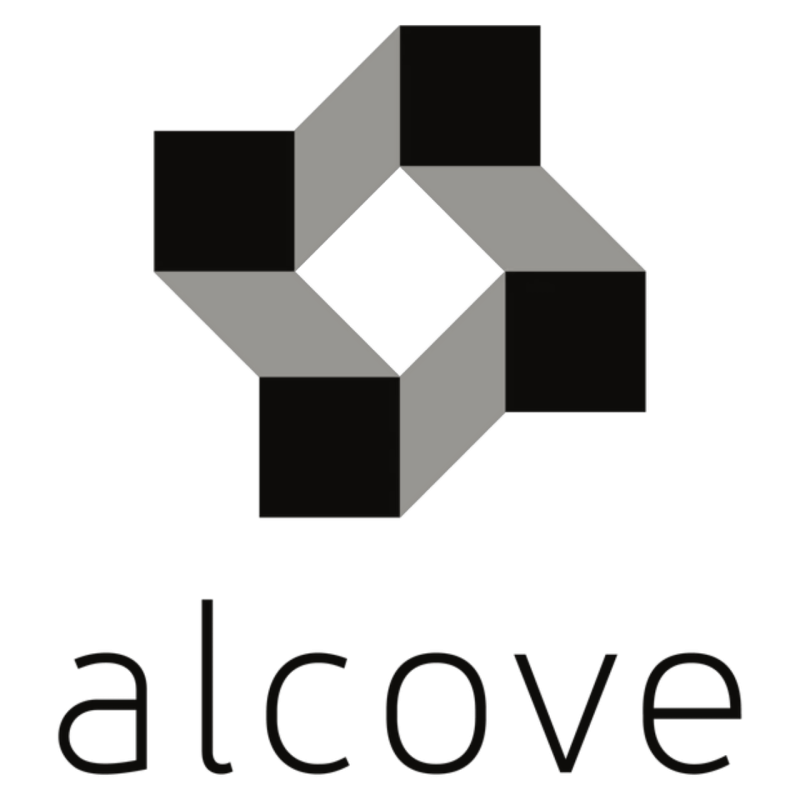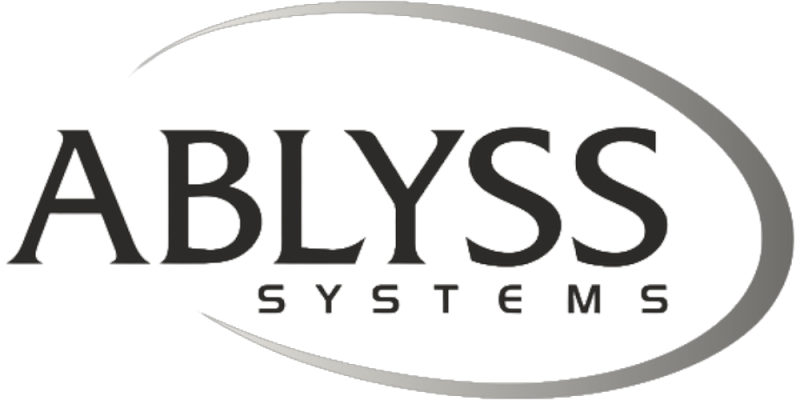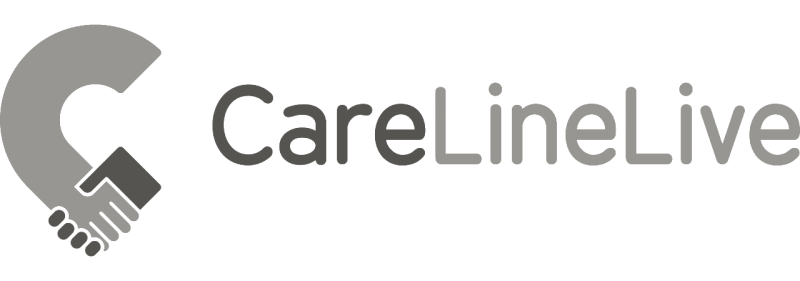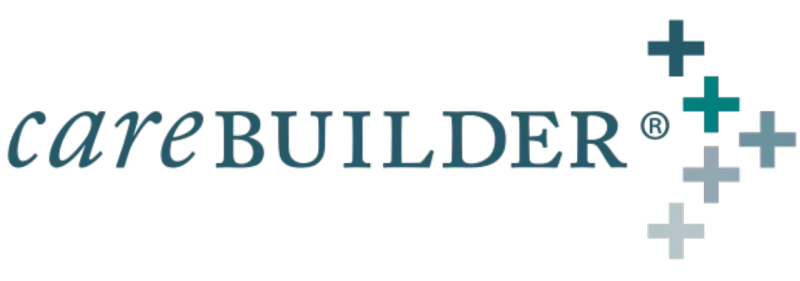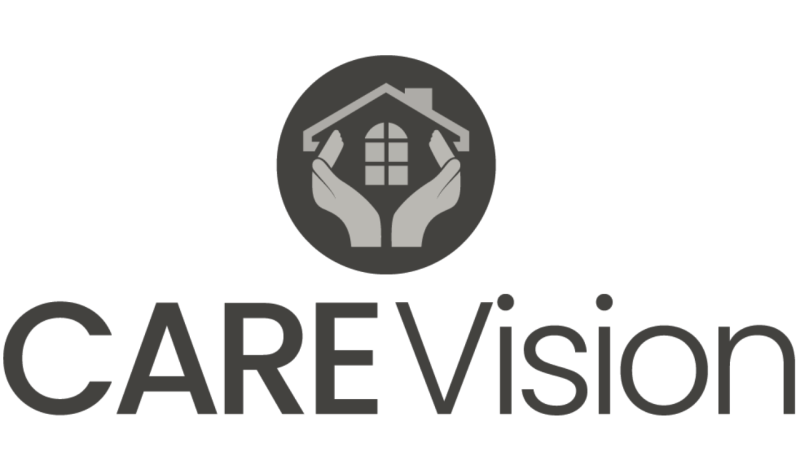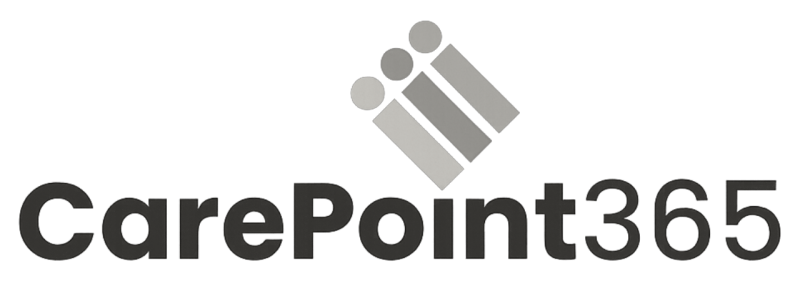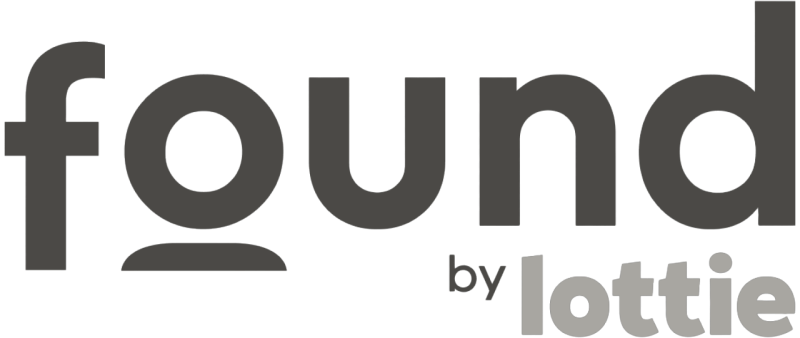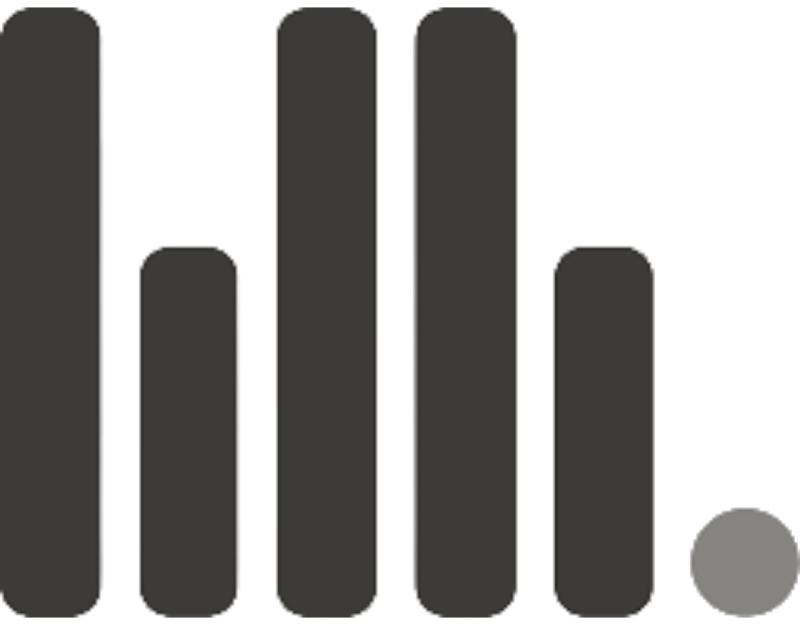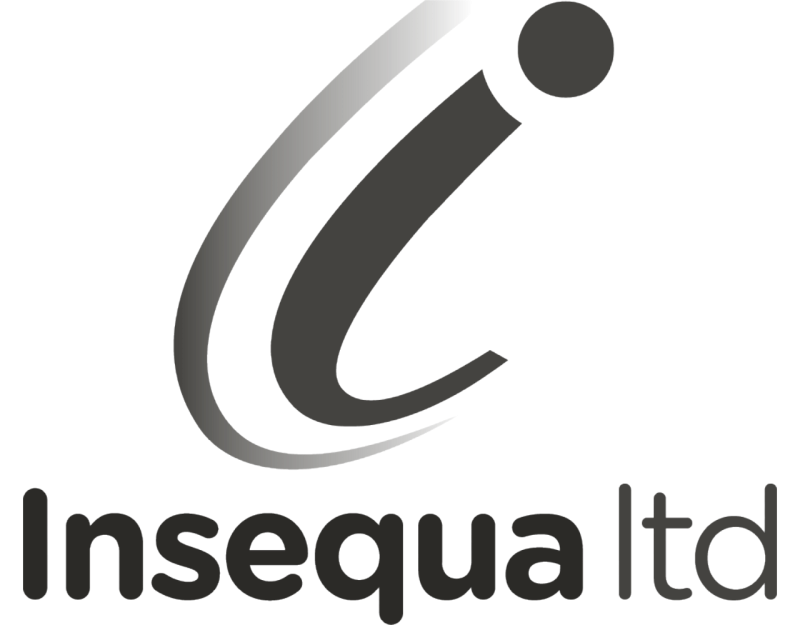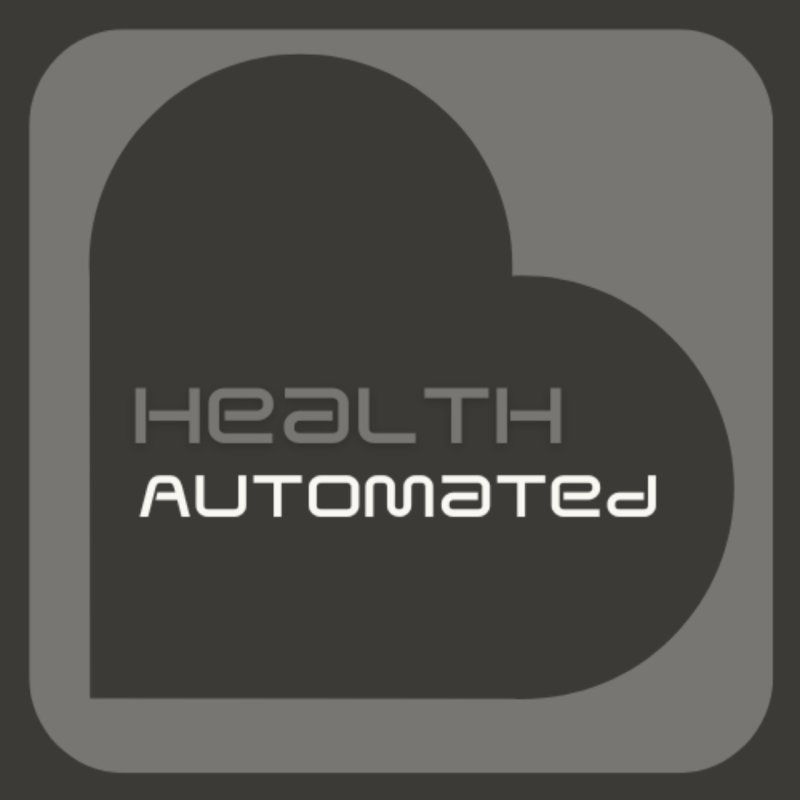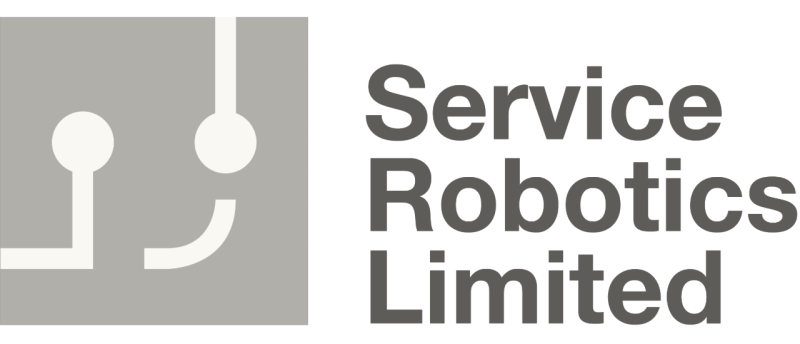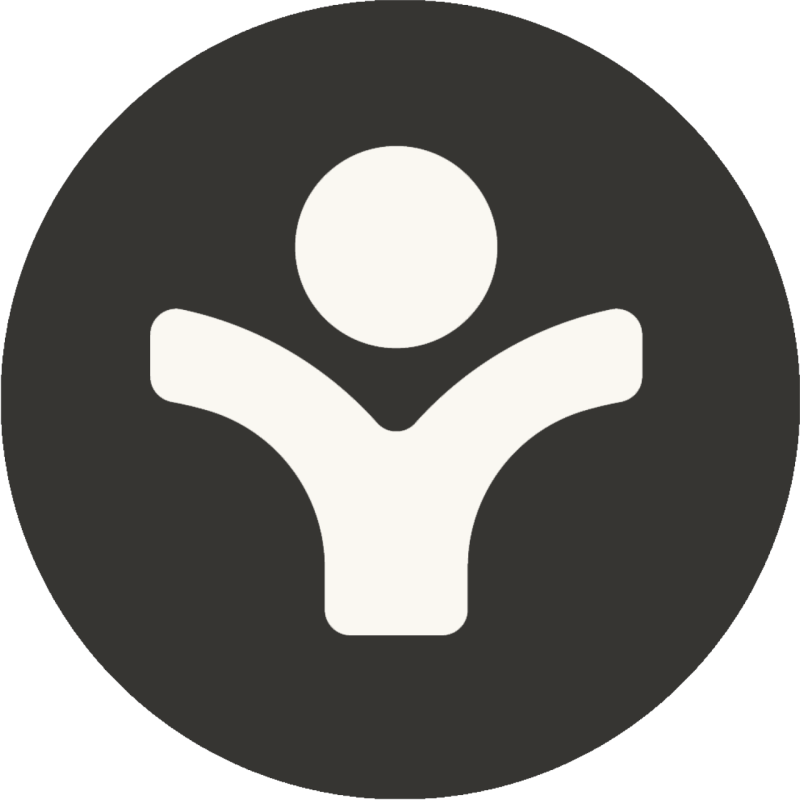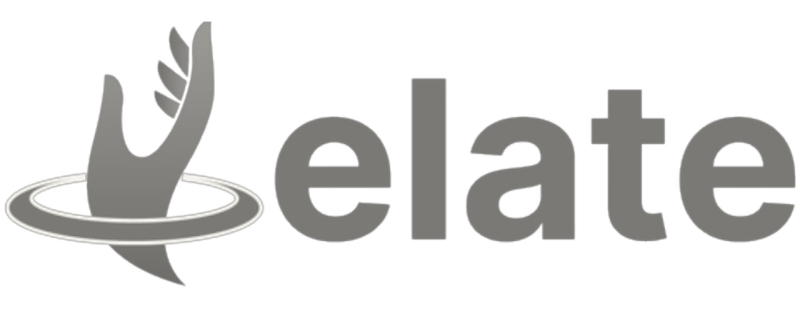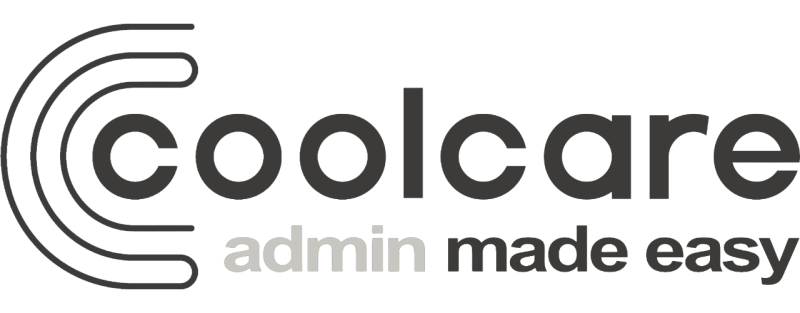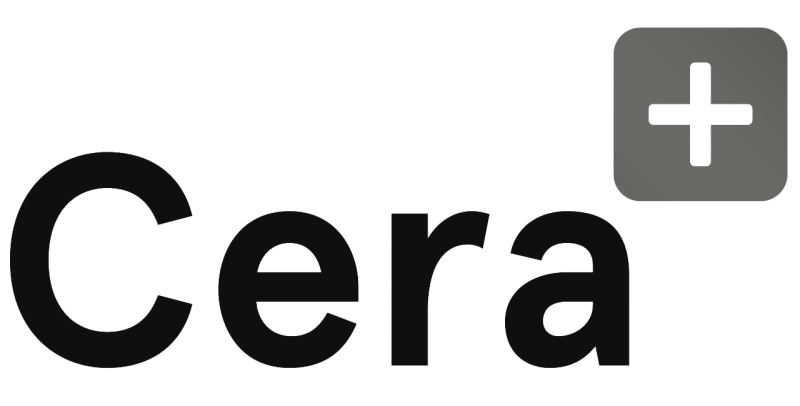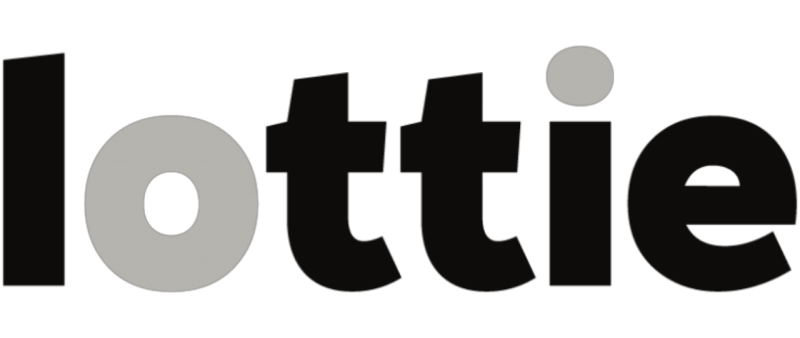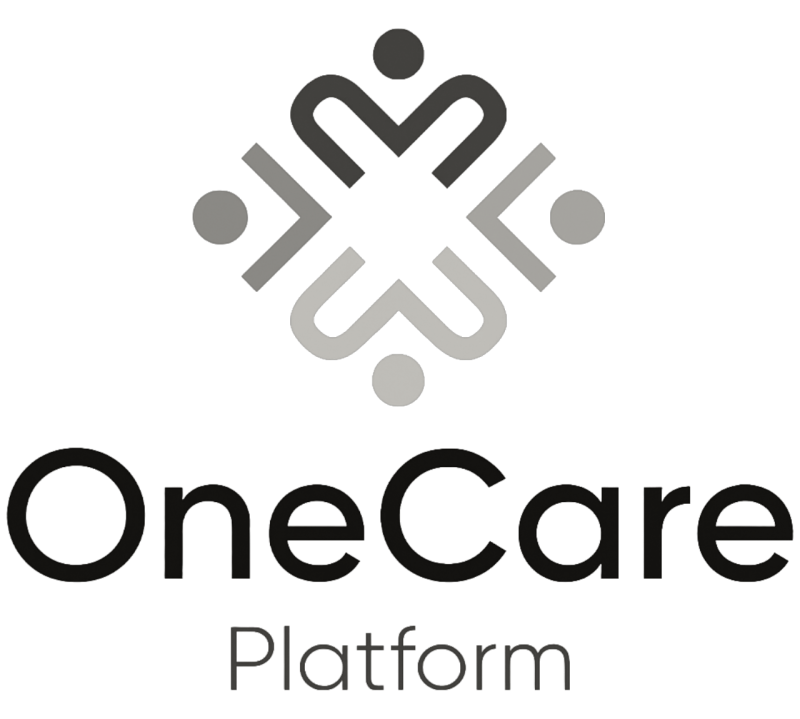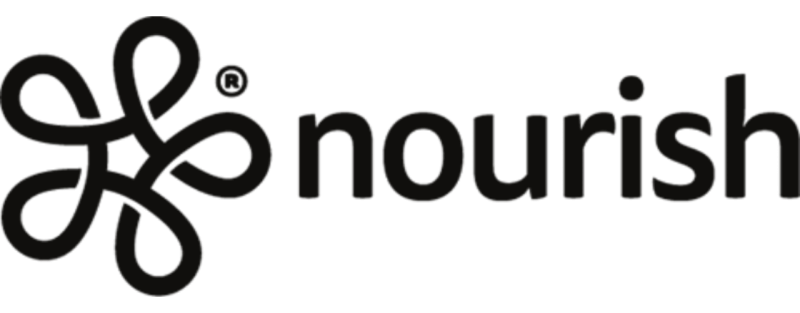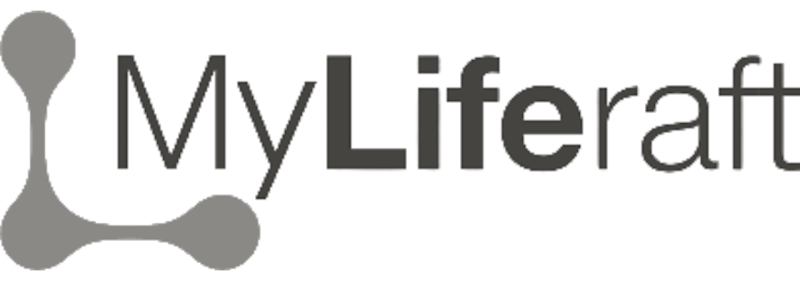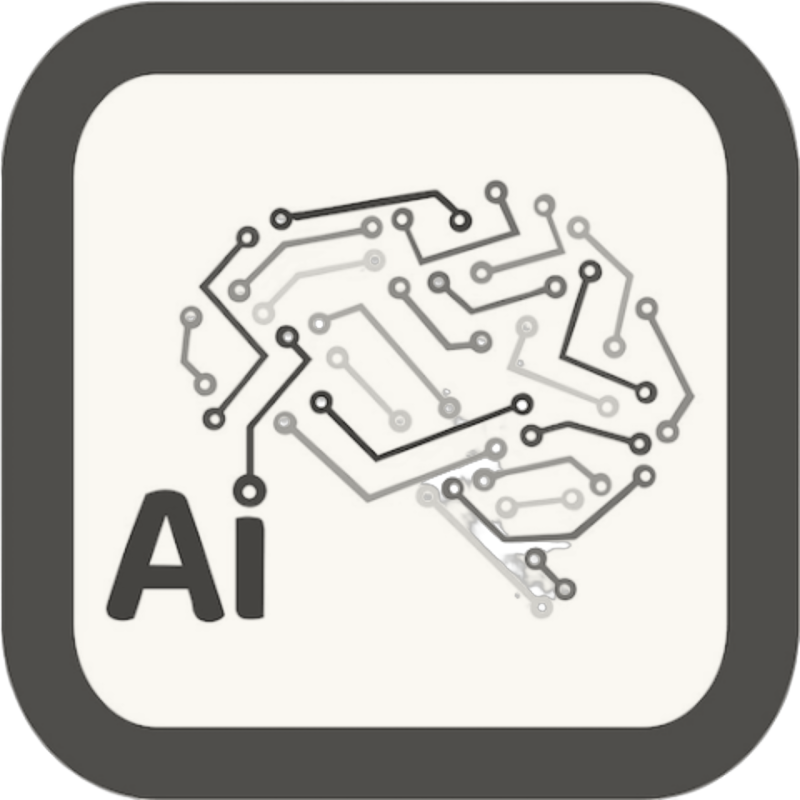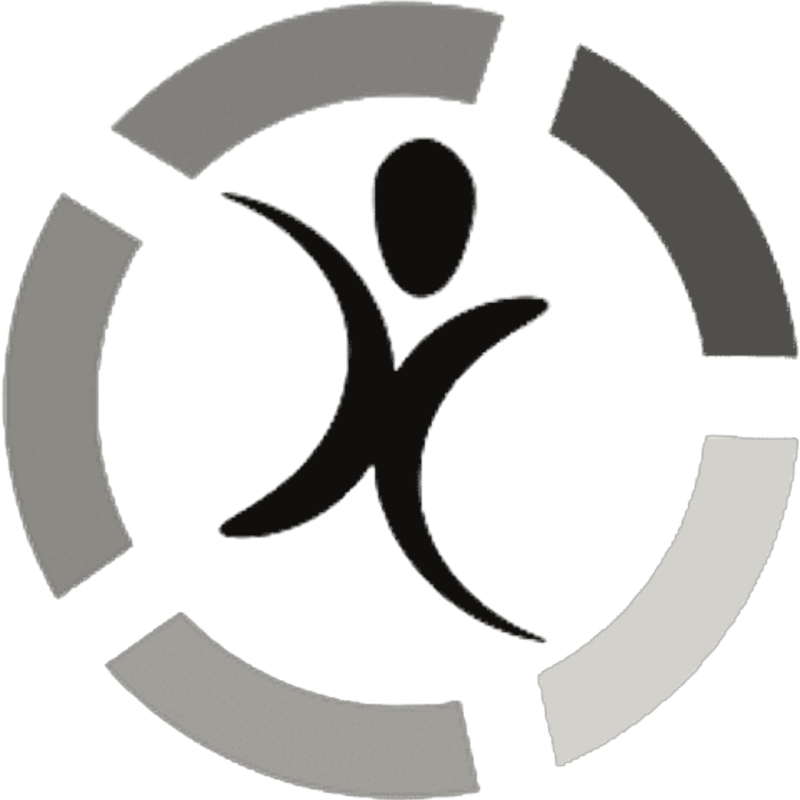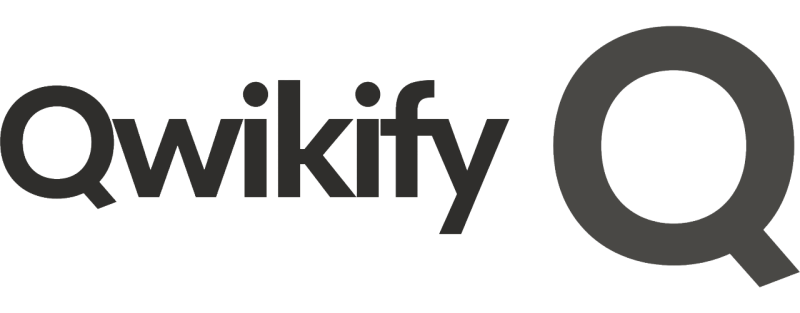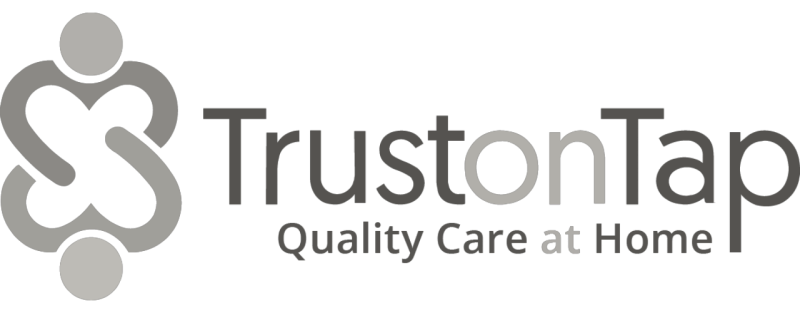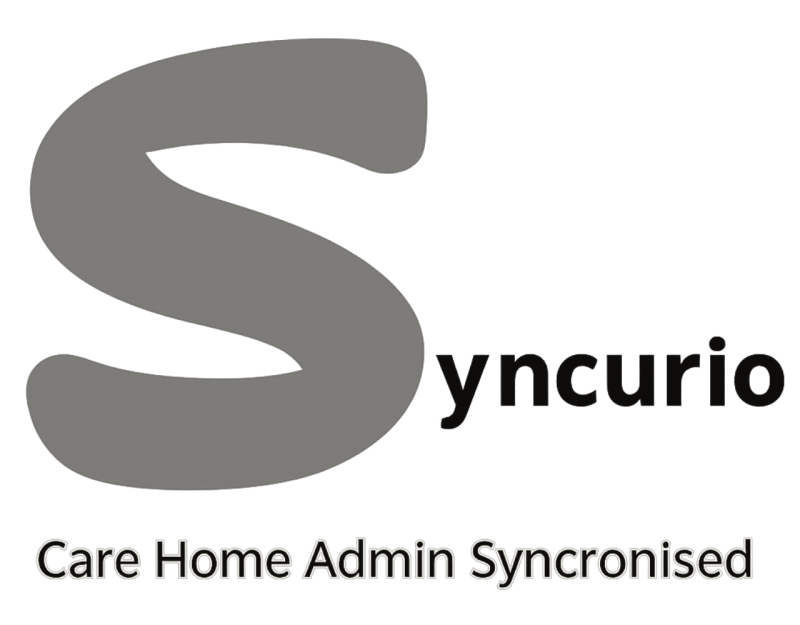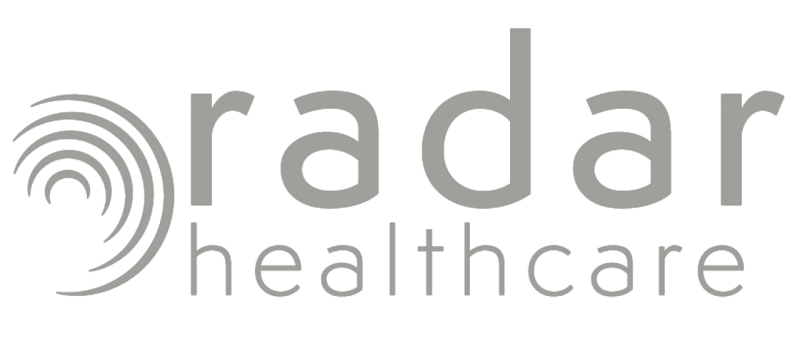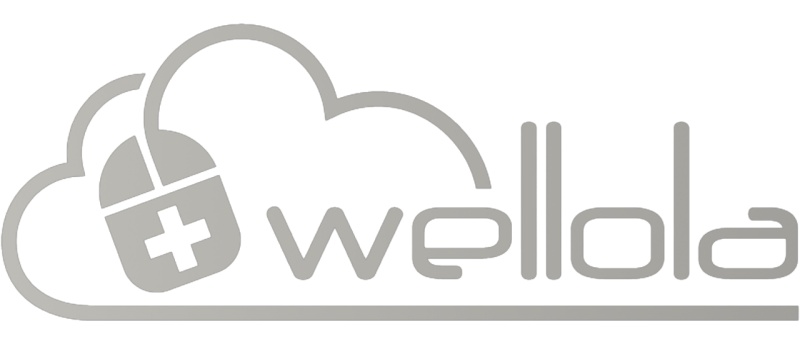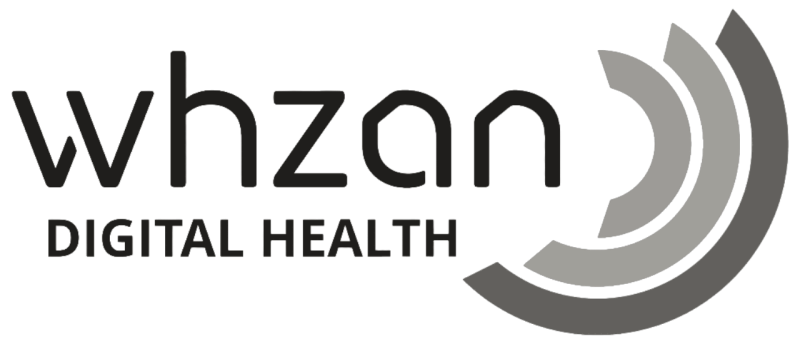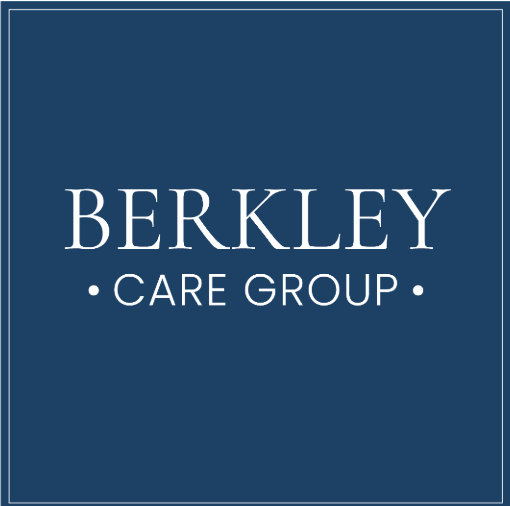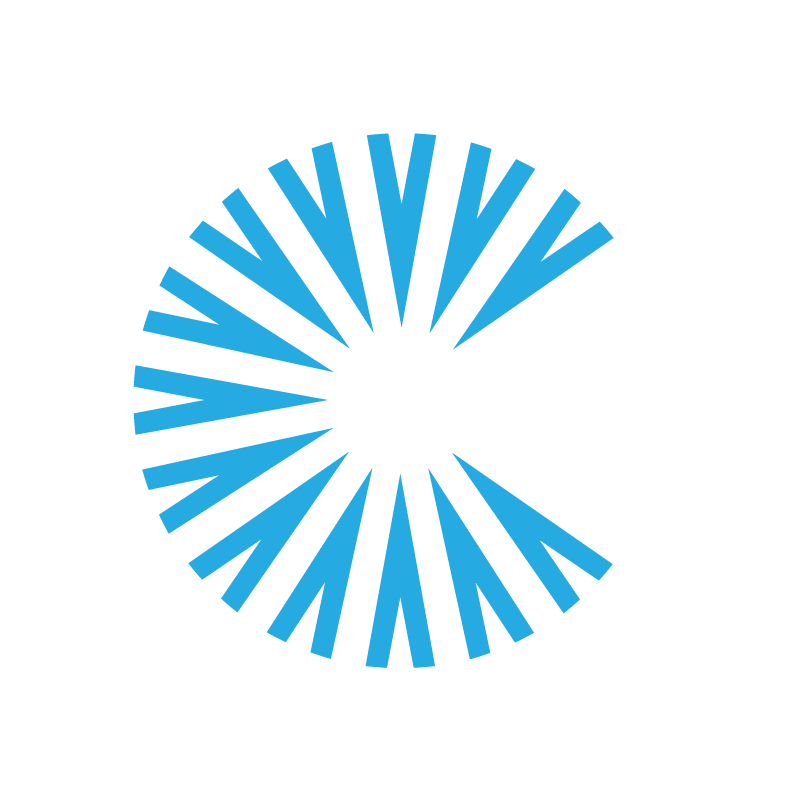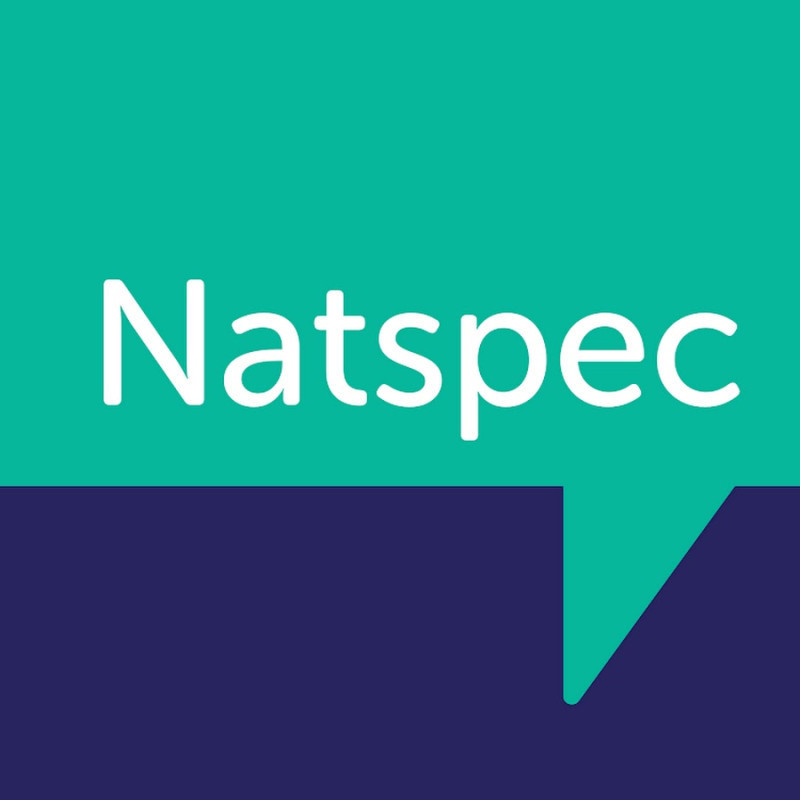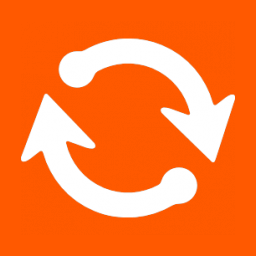Overview
Headquarters: Woking, United Kingdom
Primary Function: Screening, Monitoring & Telecare
Core Product: Lilli (non‑intrusive remote monitoring platform for independent living)
Introduction
Lilli (also known as Intelligent Lilli) is a UK‑based provider of non‑intrusive remote monitoring technology designed to help vulnerable individuals live safely and independently in their own homes. Founded in 2014, the company has become a recognised innovator in the social care technology sector, winning multiple awards for its proactive, data‑driven approach to care.
The platform uses discreet sensors placed in the home to track daily behaviours and health patterns, such as movement, sleep, hydration, and meal preparation. By analysing these patterns, Lilli can identify early warning signs of deterioration, enabling carers, families, and health professionals to intervene before a crisis occurs.
Lilli’s mission is to “empower people to live independently, safely, and happily at home”, while helping health and social care providers reduce costs, improve efficiency, and deliver more personalised care.
User Feedback: Strengths and Weaknesses
Feedback for Lilli comes from local authority case studies (e.g., Gateshead, Bromley, Nottinghamshire), sector awards, and testimonials from carers and families. Overall, sentiment is strongly positive, though some caveats are noted.
Positive Feedback
Non‑intrusive and dignified
Families and service users value that Lilli requires no cameras, wearables, or voice recognition. Sensors are discreet and respect privacy.
Peace of mind for families
Carers highlight the reassurance of receiving real‑time updates. One family member noted: “It was very useful for me to understand that my mum is okay when carers are not around. I could understand more about her pattern of life.”
Early intervention
Social workers report that Lilli helps identify subtle changes in behaviour, such as reduced movement or disrupted sleep, which can indicate health decline. This allows for proactive support.
Workforce efficiency
Councils such as Gateshead and Bromley highlight that Lilli reduces the need for manual diary‑keeping and short welfare visits, freeing staff for higher‑dependency care.
Cost savings
Independent evaluations show that for every £1 spent on Lilli, clients save £9, with a 40% reduction in residential care admissions and hospital discharge times accelerated by 16 days.
Implementation support
Local authorities praise Lilli’s customer success team for providing training, consultation, and ongoing support during rollout.
Award recognition
Lilli has won multiple awards, including Best Remote Monitoring Solution (Health Tech Digital Awards 2021) and Excellence in Remote Monitoring (HTN Awards 2023).
Negative Feedback and Caveats
Connectivity requirements
Some users in rural or older housing stock report challenges with Wi‑Fi. Lilli addresses this with cellular connectivity, but occasional issues remain.
Initial resistance
A minority of service users are hesitant about being monitored, requiring reassurance and explanation from social workers.
Integration scope
While Lilli offers APIs and integration with local authority systems, interoperability with NHS clinical systems is still developing.
Cost considerations
Smaller providers note that while Lilli delivers strong ROI, upfront investment in sensors and hubs can be a barrier.
Limited independent reviews
While case studies are strong, there are relatively few independent consumer reviews compared to larger telecare providers.
In summary, user sentiment is strongly positive around dignity, peace of mind, and cost savings, while challenges include connectivity, integration, and adoption.
Products and Capabilities
Lilli Remote Monitoring Platform
Sensors and Hub
Discreet sensors placed in key areas of the home
Monitor movement, power usage, temperature, and light levels
Connected to the Lilli Hub via cellular or ethernet
Behavioural Analytics
Tracks daily routines such as sleep, hydration, and mealtimes
Identifies deviations from normal patterns
Provides early warning of potential health decline
Falls Detection
Real‑time fall detection for care homes and communal settings
Alerts carers immediately for faster response
Care Portal
Web‑based dashboard for social workers and providers
Customisable alerts and notifications
Audit trails and compliance reporting
Family App
Provides families with real‑time updates
Offers reassurance and transparency
Reduces anxiety and unnecessary visits
Reporting and Evidence
Automated reports aligned with Care Act domains
Supports reablement, discharge to assess (D2A), and right‑sizing of care packages
Interoperability and Standards
Lilli is designed as a secure, interoperable platform, with:
GDPR compliance: Encryption, secure hosting, and audit trails
Care Act alignment: Evidence provided in line with Care Act domains
APIs: Open API for integration with third‑party systems
Cloud‑based access: Available on desktop, tablet, and mobile
Accessibility: Inclusive design for families and carers
Market Position
Lilli operates primarily in the UK, serving:
Local authorities and councils
Domiciliary care providers
Supported living services
Residential and nursing care homes
Families supporting older adults or vulnerable individuals
It differentiates itself through:
Non‑intrusive design: No cameras, wearables, or voice recognition
Proactive monitoring: Identifies early warning signs of decline
Proven outcomes: Demonstrated cost savings and reduced admissions
Scalability: Suitable for single homes, care groups, and councils
Award recognition: Multiple sector awards for innovation and impact
Competitors include Tunstall, Sensio, and WHZAN. Lilli positions itself as the non‑intrusive, data‑driven alternative, particularly attractive to councils and providers seeking proactive, preventative care.
Implementation and Support
Lilli emphasises a collaborative onboarding process, with:
Scoping and consultation with providers
Training for staff and social workers
Installation of sensors and hubs
Ongoing customer success support
Regular updates and feature enhancements
Case studies suggest providers find implementation smooth, with staff valuing the training and support provided.
Security and Data Protection
Intelligent Lilli prioritises data security through GDPR compliance, ensuring personal and health information is managed lawfully and responsibly. The platform employs encryption and secure hosting to protect data in transit and at rest, while role‑based access controls restrict visibility to authorised users only. In addition, audit trails and accountability logs provide transparency over system activity, supporting governance and oversight.
A distinctive feature of Lilli’s approach is its data retention policy, with sensor data stored for seven years for audit purposes. This long‑term retention supports regulatory compliance, accountability, and the ability to evidence care decisions over time. Together, these measures create a robust security framework that balances protection, transparency, and operational reliability.
Conclusion
Lilli is a leading UK provider of non‑intrusive remote monitoring technology, offering a proactive, data‑driven platform that empowers vulnerable individuals to live safely and independently at home. Its strength lies in combining privacy‑respecting sensors with behavioural analytics, enabling early intervention, cost savings, and improved outcomes.
User feedback consistently highlights dignity, peace of mind, and workforce efficiency, while challenges include connectivity, integration, and adoption.
For local authorities, care providers, and families seeking a trusted, award‑winning solution that balances independence with safety, Lilli represents a credible and innovative option. Its emphasis on non‑intrusiveness, proactive monitoring, and measurable outcomes positions it as a key player in the UK’s digital care and telecare market.
References
Intelligent Lilli – Official Website https://www.intelligentlilli.com/
Intelligent Lilli – Case Study: Gateshead Council https://www.intelligentlilli.com/news/how-gateshead-council-have-successfully-implemented-remote-monitoring-technology
Bromley Council – Adult Social Care Use of Intelligent Lilli https://www.bromley.gov.uk/help-adults/adult-social-care-use-intelligent-lilli
UK Digital Marketplace – Lilli G‑Cloud Listing [https://www.applytosupply.digitalmarketplace.service.gov.uk/g-cloud/services/648697432478386](
